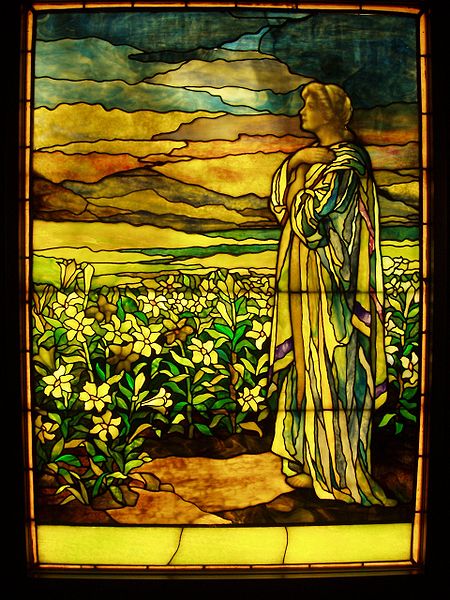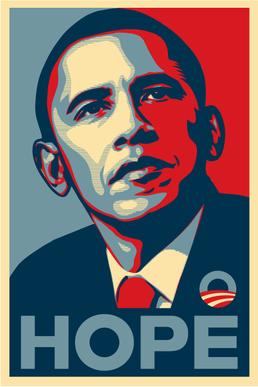“All liberating growth takes time.” That’s what Paul Tournier, the Swiss physician and counselor, taught us in one of his many great books, Creative Suffering (1981).
Most of my clients initially see this truth as bad news. One reason is they are paying for therapy, so a long road to liberation could cost them a lot of money! But the main reason the long process is hard to endure is they can taste the first fruit of freedom and they want it all right now. They regret their time lost on immaturity. It feels like bad news to be reminded it takes time to heal; it takes time to learn and install new habits. I often describe the process of growing into our fullness as creating new “ruts” in the brain as we climb out of the old ones. Both adding the new and filling in the old takes time. This video explains the science of the process.
It is always the right time to grow
The fact that it takes time to experience liberation is actually good news, I think. Whenever I am growing, I am right on time! I may feel like I am late, but I am never too early! If we can let go of our linear, progress-dominated, capitalism-inspired sense of success, the time spent on liberation can come to feel like growth. It can feel free, like growing is our top priority, just like we see in plants as they move from seedling to plant, to flower, to fruit. They have nothing to do but grow.
The Apostle Paul reinforces how we have been restored to our natural growth process in Ephesians 4 when he describes how the gifts of the Holy Spirit we all contribute build up the body of Christ. The Spirit keeps moving in us
until all of us come to the unity of the faith and of the knowledge of the Son of God, to maturity, to the measure of the full stature of Christ…We must grow up in every way into him who is the head. (NRSV)
It feels good to be at home as the “plants” we are, growing in the soil of God’s love. That sense of innate capacity for becoming more is a taste of eternity. I’m fine if it takes as long as it takes. Becoming whole can take as long as I live to complete – I have eternal life! It is not a defeat or an imposition to need maturity! It is a joy that comes with our birthright as the children of God to grow into fullness. Even if it is a struggle to change, growing is a good suffering.
Rut-making prayer
God calls us and coaxes us into our potential in many ways. I know of several men who recently had amazing dreams that convinced them they are loved and worthy. During the day they are prone to proving themselves and working extra hard to be successful and to be valued as a result, they hope. But during the silence of their sleep, their defenses weaken and God meets them. They are always trying to figure out how to get their dreamlife into their schedule!
God, the Healer, meets us in our spiritual awareness but also in the ordinary awareness that often dominates our consciousness and our schedule. That ordinary awareness forms ruts in our brain, the familiar pathways we began learning as infants. But we have a spiritual awareness that leads us in deeper ways that often feel miraculous. As we intentionally become silent (or listen to our dreams) our receptivity opens us to face the unknown places we have yet to visit in Christ, both in God and in ourselves. It takes time! It is also daunting because it is sometimes frightening to leave our familiar neural pathways, to “unknow” our past and move into new territory in the Spirit, which feels like a place of “unknowing.”
I appreciate how Cynthia Bourgeault explores the process of maturing in her book Centering Prayer and Inner Awakening (2004) as she is quoting Thomas Keating’s book Intimacy with God (1996).
Beginning in infancy (or even before) each of us, in response to our perceived threats to our well-being, develops a false self: a set of protective behaviors driven at root by a sense of need and lack. The essence of the false self is driven, addictive energy, consisting of tremendous emotional investment in compensatory ”emotional programmes for happiness,” as Keating calls them…
It is the false self we bring to the spiritual journey, our “true self” lies buried beneath the accretions and defenses. In all of us there is a huge amount of healing that has to take place before our deep and authentic quest for union with God – which requires tremendous courage and inner presence to sustain – escapes the gravitational pull of our psychological woundedness and self-justification. This, in essence constitutes the spiritual journey.
All liberating growth takes time. Jesus has replanted us in the good soil of his “garden.” We don’t need to fret if we discover we are a seedling. We can enjoy the growing. We are planted in grace, after all. That is enough in itself.
I think the “garden” where our true self grows is accessed best through contemplative prayer. If you want to grow faster, spend more time in silence, listening and feeling your way into your rightful place as the beloved of God. Our false self may flourish in the family, job and religion. But that false self withers in prayer, since is it the nature of contemplative prayer to dissolve it.
I mentioned three books today, any one of them would help you mature. I hope we all grow deeper ruts in which our true selves can flow by cooperating with the Great Healer. Jesus will lead us through the pain of transformation and the joy of growing – no matter how long it takes. We have time.

 Long before we know Jesus, we have had experiences of being swept up in the flow of God’s good purpose. This “quality of aliveness” was called “righteousness” in the Old Testament, as in Psalm 23: “He restores my soul; he guides me in the paths of righteousness.” Unlike how many people read that couplet, the psalmist did not mean we should stay within the lines of a moral template so we will succeed at building an ideal replica of God’s kingdom and be justified by it. The poet was reminding us we live in a Spirit-charged “force field” (as we might picture it), a force field in which everything we do must move in order to come to fruit. The inner and outer need to sync up: our souls are restored and our feet are guided; as Jesus says, we become good trees that bear good fruit; as Psalm 1 says, we are good trees planted by flowing streams of righteousness.
Long before we know Jesus, we have had experiences of being swept up in the flow of God’s good purpose. This “quality of aliveness” was called “righteousness” in the Old Testament, as in Psalm 23: “He restores my soul; he guides me in the paths of righteousness.” Unlike how many people read that couplet, the psalmist did not mean we should stay within the lines of a moral template so we will succeed at building an ideal replica of God’s kingdom and be justified by it. The poet was reminding us we live in a Spirit-charged “force field” (as we might picture it), a force field in which everything we do must move in order to come to fruit. The inner and outer need to sync up: our souls are restored and our feet are guided; as Jesus says, we become good trees that bear good fruit; as Psalm 1 says, we are good trees planted by flowing streams of righteousness.







